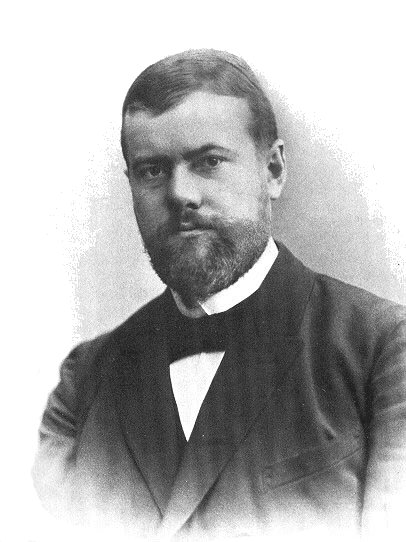I want to
write a bit about the Selk´nam culture because I find it interesting.
The
Selk'nam were indigenous people that inhabited in Isla Grande de Tierra del
Fuego, they were nomadic, hunters and gatherers. The basis of organization them
was the family (father, mother, children and other relatives who occupied the
same territory). They were "clans" of 40 to 120 members, were
patriarchal and outbred. The men of clans were engaged in hunting and make weapons,
were excellent hunters and their principal tool was the bow and arrow. Women
were engaged in housework, childcare, transporting and installing housing.
The
Selk'nam celebrated a male initiation rite called hain, in which young men or klóeketen
had to perform hard physical endurance tests to become men. In this celebration
they used painted bodies, masks and the wise and shamans revealed the secrets
of the tribe about ancient female domination in Hoowin (age of myths).
the arrival
of the settlers to the area produced the extermination of the Selk'nam because owners
of cattle ranches offered big rewards for each person killed Selk'nam. European
foreign groups were formed called Indian hunters who performed extermination
expeditions. Others Selk´man people were taken human zoos or died from diseases
transmitted by settlers. In twenty years was destroyed a culture that lived for
more than ten thousand years.
In April
this year I read the news that a group of historians asked the government to
recognize the genocide Selk'nam.
